BY WALTER OPINDE
On this day, June 4, 1998, the American Civil Liberties Union (ACLU) of Maryland sued the Maryland State Police for the widespread racial discriminations in traffic stops on Interstate 95. The case triggered the issue of “driving while black” to national prominence.
Driving While Black refers to the locally fabricated “policy” that allows the traffic police to stop drivers along the highway merely because of the color of their skin and not because they have violated any traffic laws or due to suspicion of any other criminal activity.
Driving while black, abbreviated as DWB, has been a phrase in the American English, referring to the racial profiling of African-American drivers. The phrase implies that a motorist might be pulled over by a police officer, questioned, and searched, merely because of racial bias or segregation. Elsewhere, “Driving while black” has become a word play for different names of actual criminal activities while on the road. These include “driving while intoxicated,” commonly abbreviated as DWI, while other jurisdictions use the term “driving under the influence,” abbreviated as DUI. Others use “driving under the influence of intoxicants,” commonly abbreviated and known as DUII.
The phrase “Driving While Black” has been used for decades, both in the public and private discourse, relating to the Racial Profiling of Black motorists. The term rose to prominence in public discourse during the 1990s, in the wake of the War on Drugs, when it was brought to public knowledge that police stations across the country were intentionally targeting racial minorities to curb the trafficking and sale of drugs in the U.S. For instance, the New Jersey released state documents in 2000, which displayed police training memos, instructing the officers to make racial judgments in order to identify “Occupant Identifiers for a possible Drug Courier” along the state’s highway.
Many controversies have flooded the use of this policy, stating that it is illegal and it commonly leads to the violation of privacy and civil rights. As such, the civil rights movements have been at the forefront in fighting this racial bias, which commonly targets the U.S. citizens from the Black Community. Campaigns by the American Civil Liberties Union (ACLU) against DWB have led to a number of states passing laws that required law enforcement agencies to collect data on traffic stops. These primarily include the demographic data on the drivers of cars stopped. Many police departments, meanwhile, have adopted the formal policies forbidding the violent police actions on the basis of race, including brutality, humiliation, breach of privacy, and arrests among others. Such departments also encourage the improvement of training on the traffic enforcement policies and actions, alongside the use of race in enforcing criminal punishments.
These national crises, brought by DWB, prompted the first meaningful research on police traffic enforcement practices. For instance, the “Fair and Impartial Policing Project FAIP),” conducts research and training for the law enforcement agencies on the issues of “unconscious racial bias” by the police.
Read more of the related stories via:
https://www.nytimes.com/2015/10/25/us/racial-disparity-traffic-stops-driving-black.html?_r=0
https://www.aclu.org/report/driving-while-black-racial-profiling-our-nations-highways

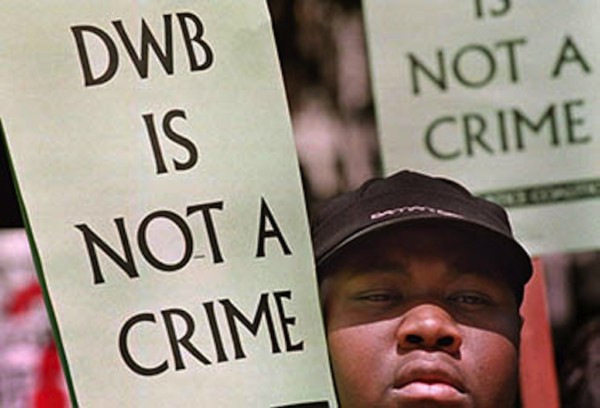




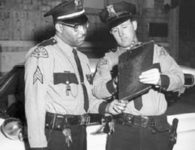
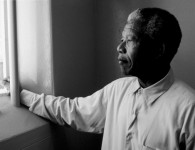
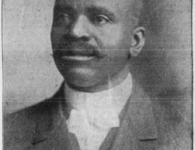
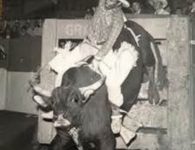
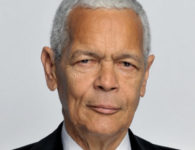

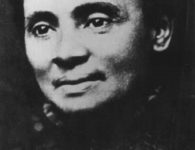
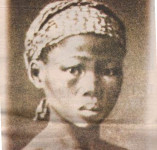
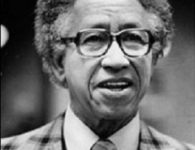
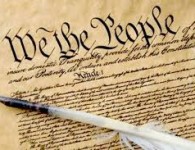
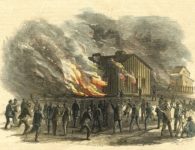
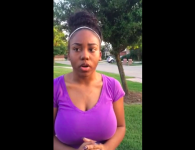
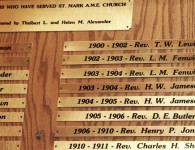
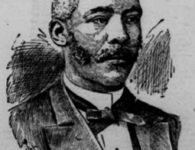

No comments